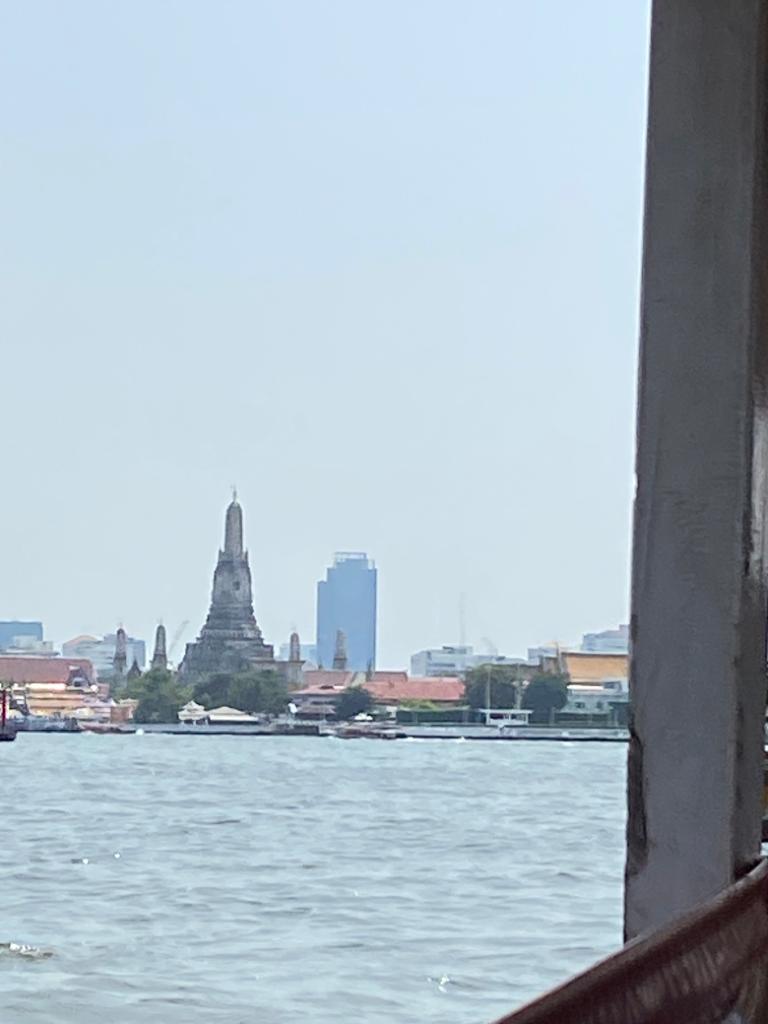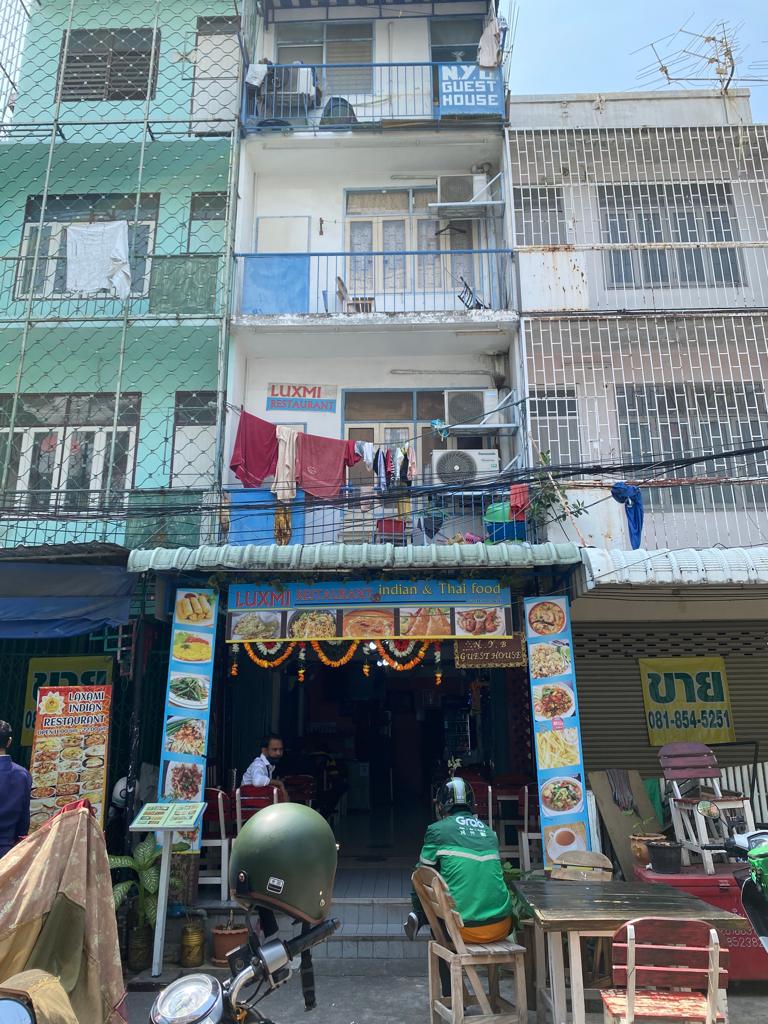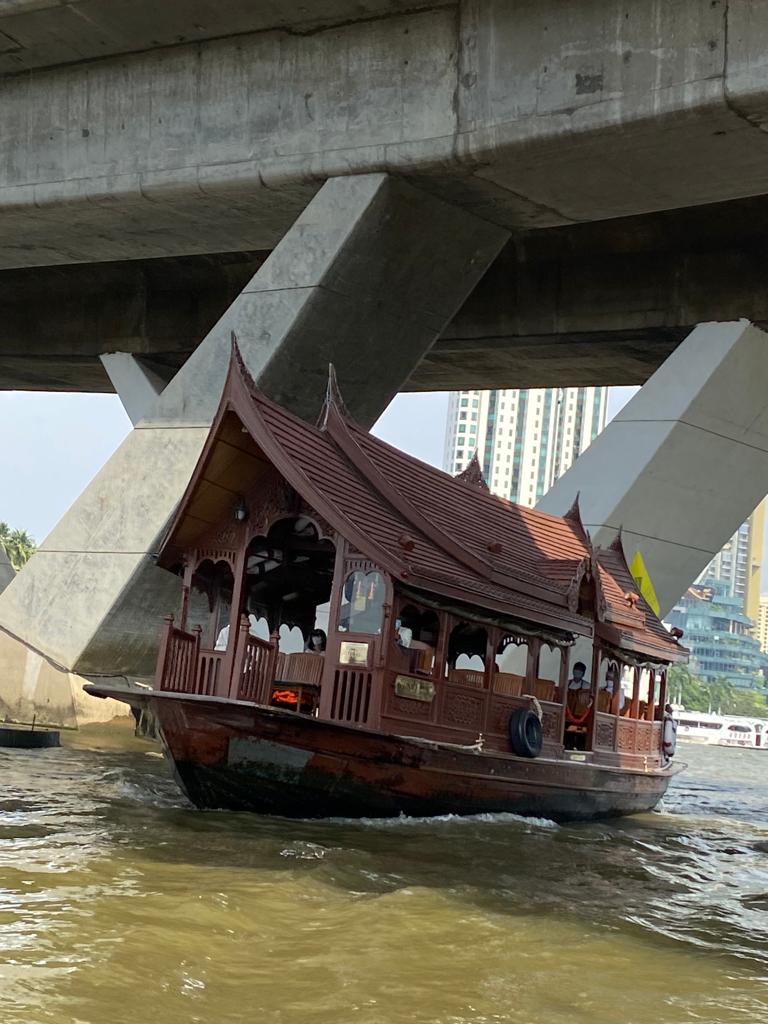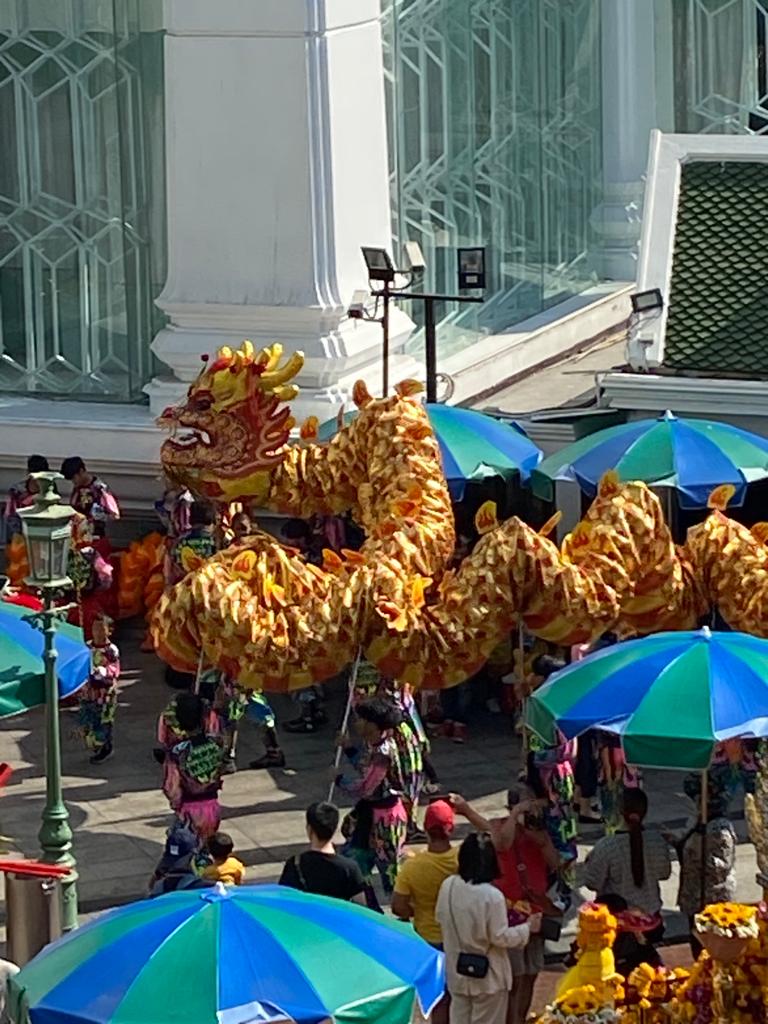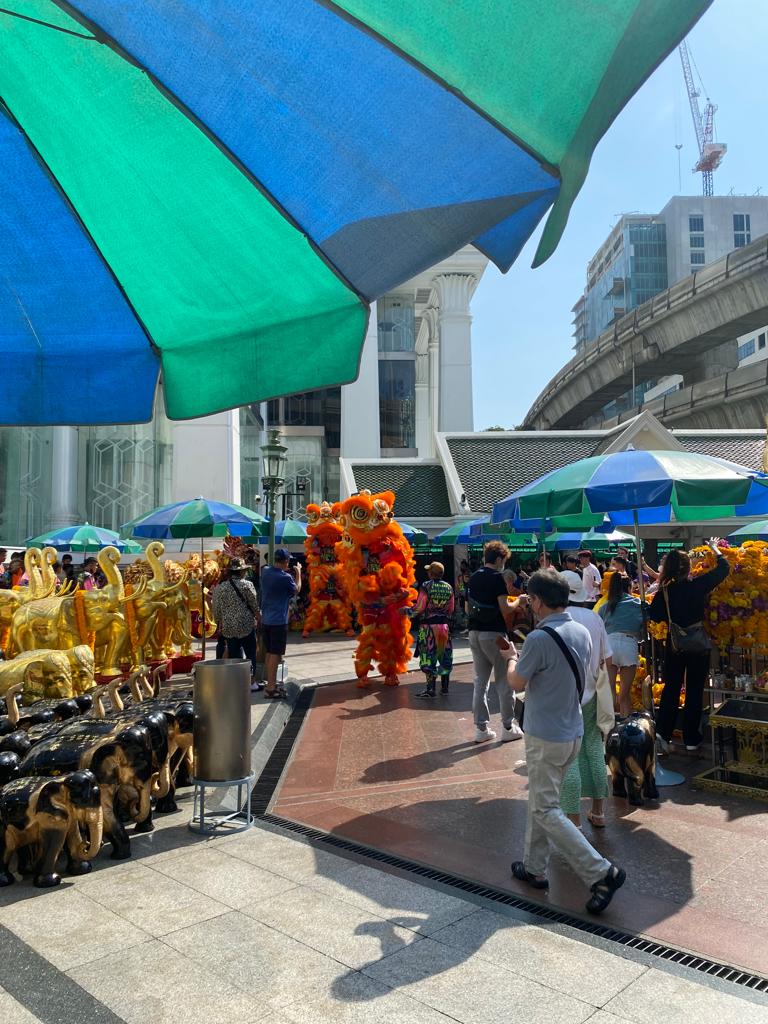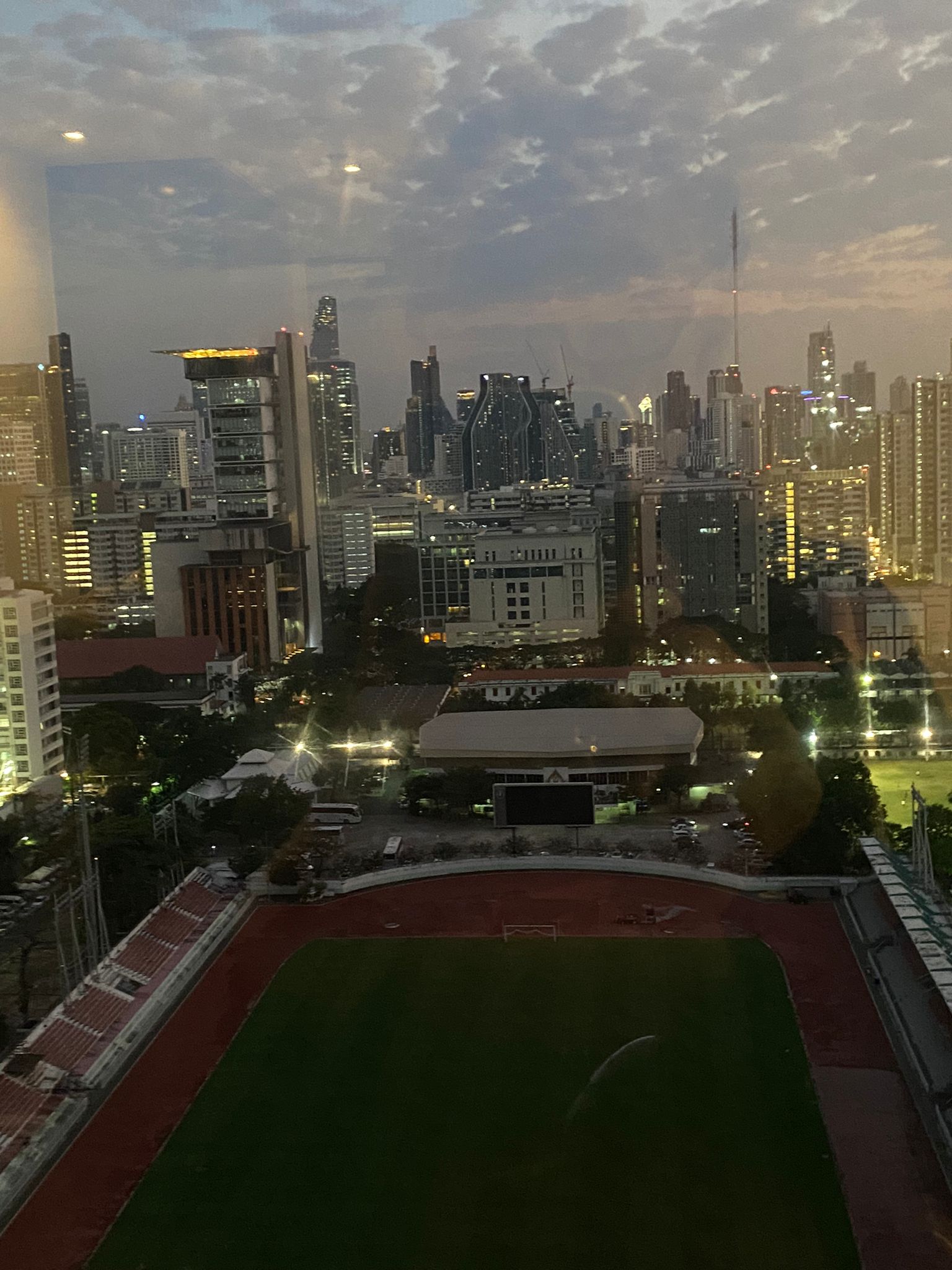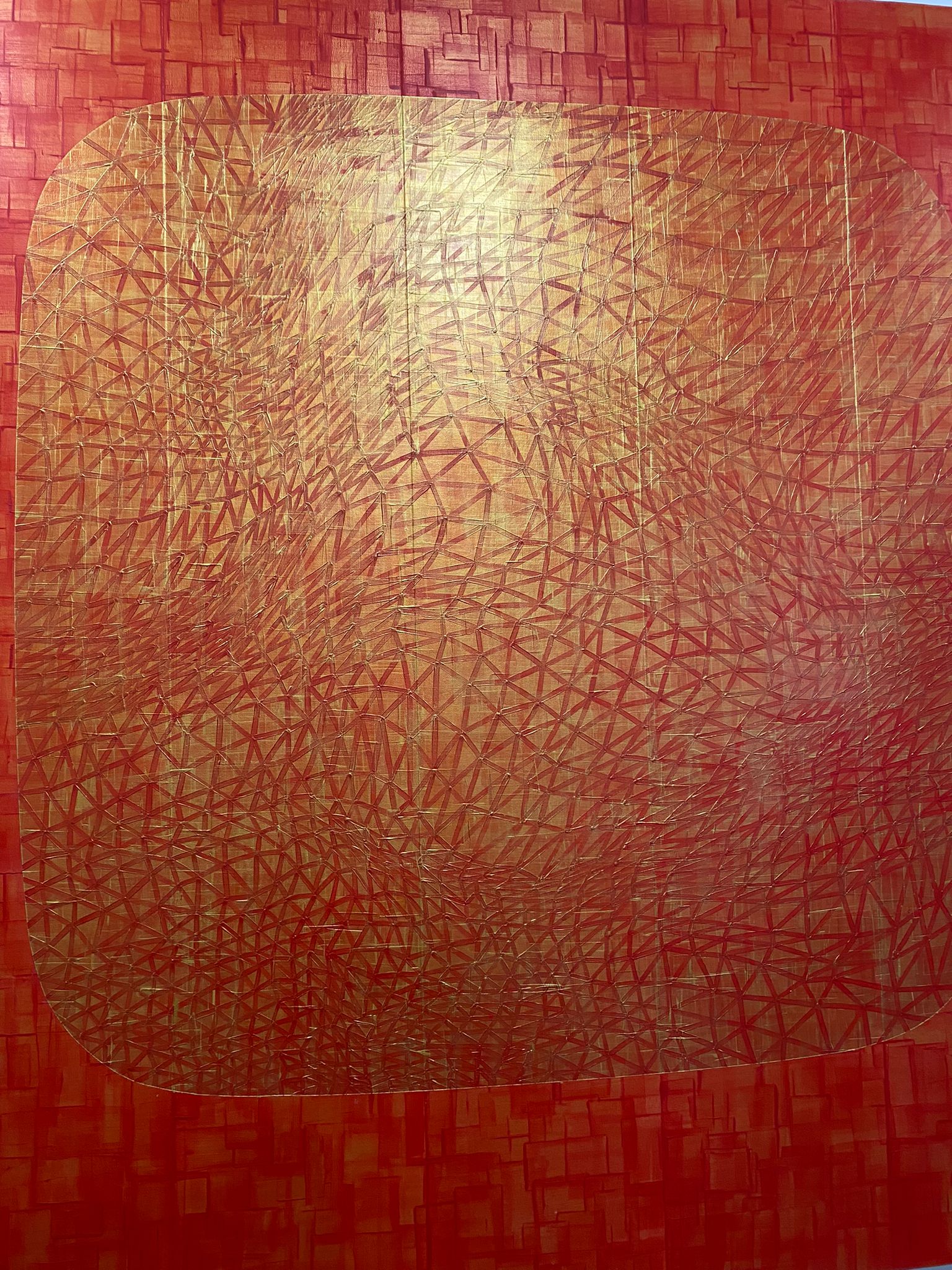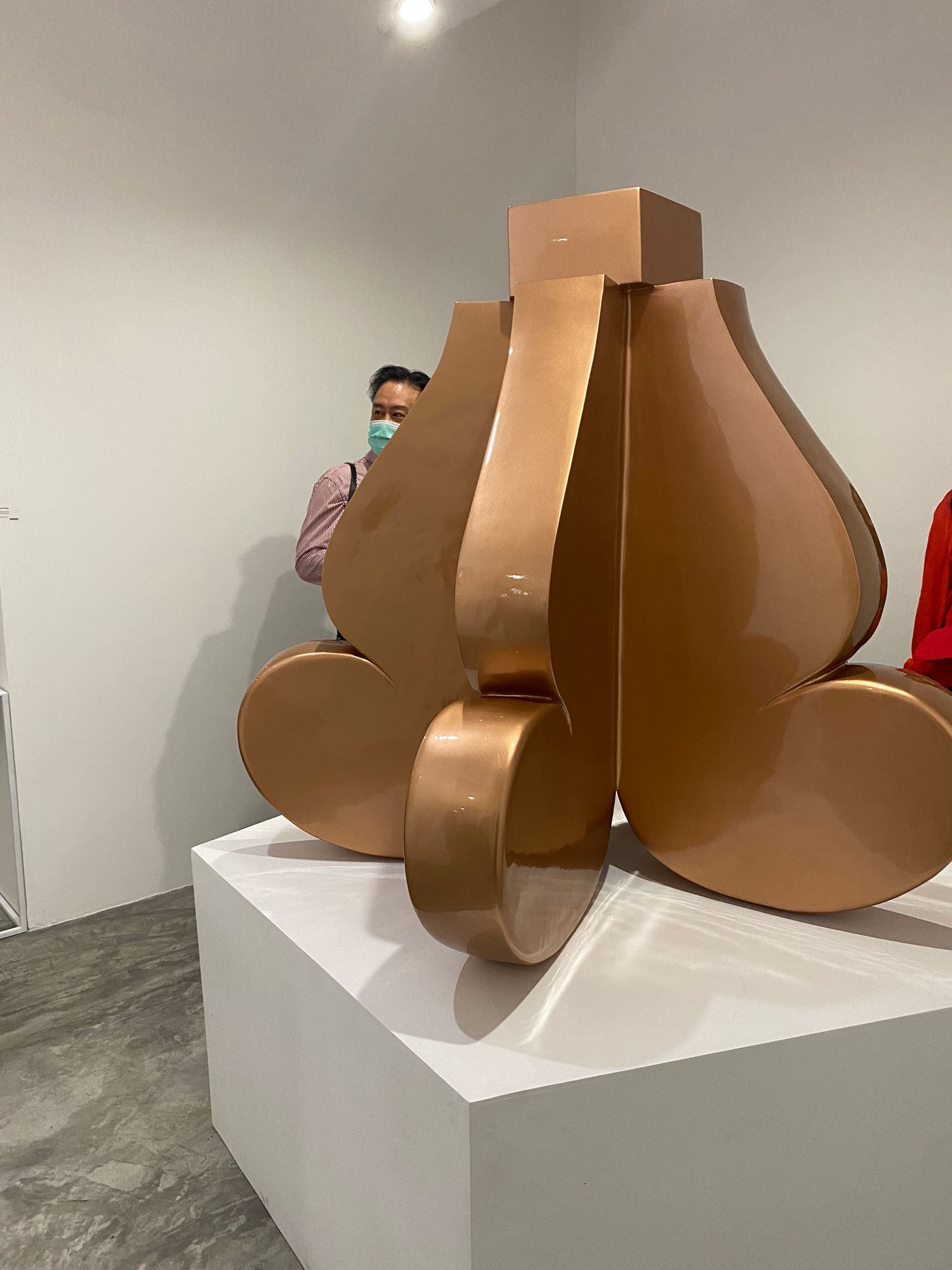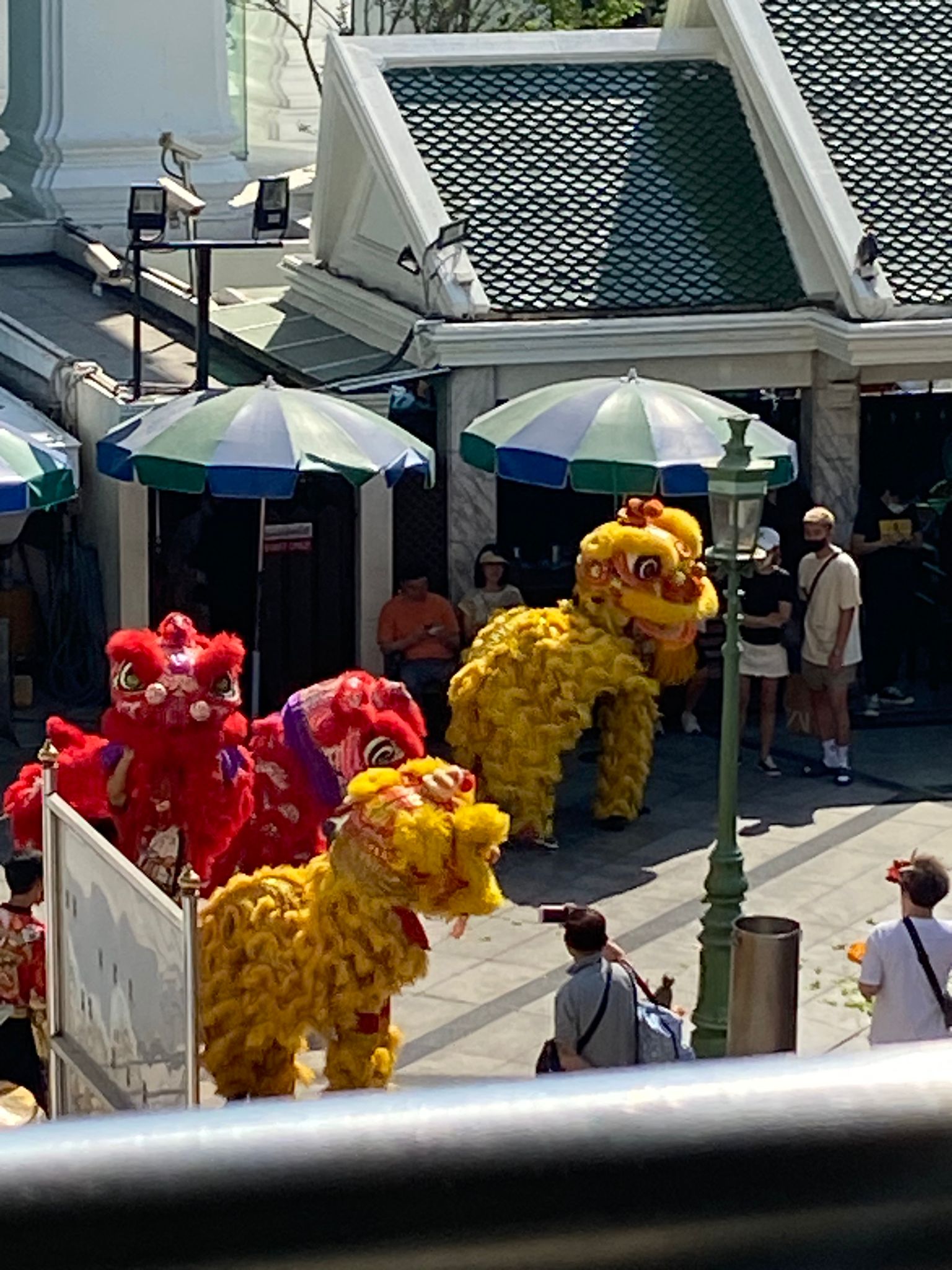PART I
When I became entangled with the man I would marry, I was living with a gaggle of girlfriends in a boarding house arrangement near Columbia. Obviously, there was no privacy there, so we had to find a place. His mother and stepfather lived, and his stepfather had his business, in one of those rambling, enormous apartments on West End Avenue which included as a sort of adjunct to the main property an upstairs maid´s room. These were no longer used for that purpose but as storerooms. However, since they had originally been habitations, they included a bathroom.
We had between us practically no money, and could not really afford even a room in one of the seedy boarding house apartments in the Columbia area which housed students and both amateur and professional drug dealers, as well as other lost souls.
We were both going to school. I was in summer school, supporting myself, if it can be called that, with a parttime job at Macy´s selling women´s rayon underpants, and M who had just finished a stint in the Navy, which he had joined at the age of 16, was at Columbia.
My husband-to-be decided that we should live in his family´s maid´s room. There was a bed, or was it just a mattress, and a jumble of discarded furniture in the room but it was a bit of heaven plus The Ritz after the boarding house.
We moved in stealthily, although I would bet the doorman knew what was up and he may have informed on us. I thought it was terrifically romantic, a la La Boheme. I was, by the way, at the age of 19 to 20 pretty much a congenital idiot, with a sense of reality that might have been useful to MGM´s or Disney´s fantasy production department but it wasn´t much help to me.
We would wait until no one was likely to be in the kitchen of the apartment downstairs and then sneak in to eat. We were caught at this one day by M´s step- father, one of two musical copyists in the US. A musical copyist is a man, or woman, who copies out a composer´s handwritten score in a clear, precise hand. These were then printed on scored pieces of paper. Although there had been numerous attempts to invent one, there was no typewriter that could type out musical notes. It had to be done by hand. I don´t know if this is still true.
He, of course, told M´s mother and we were gently ordered to move into M´s bedroom. I was in awe of the apartment and M´s mother and stepfather. I was in awe of their world which I perceived as a glittering New York production full of famous people—Giancarlo Menotti, Bernstein, Casals. For reasons I have difficulty comprehending, M’s mother decided that I was just what was needed to get her wayward, motorcyclist son on the straight and narrow, which just shows how mistaken an intelligent woman can be.
Once we both found jobs, very low paying, while I continued to go to Barnard College, we decided to move out. Of course, I wanted to move to The Village but The Village was no longer what my romance addled brain believed it to be—a low rent haven for artists. I discovered this as every week I went down to wait for the first copies of THE VILLAGE VOICE to come off the press. There was a small crowd of us waiting for those copies, all looking for apartments and trying to get an edge on the market.
Slowly I realized that we were not likely to find an apartment we could afford in The Village but just below that neighborhood, above Canal Street was an area known as Little Italy where there were a few Village exiles in residence among the Italians. I discovered you found out about apartments in this community by walking it´s streets, which were narrow, full of small stores and barrows selling vegetables and fruit while looking for small wreathes mounted among the bells by the front door at street level, announcing the death of an occupant. You then had to find out the telephone number of the agent who ¨ran¨ the building. You did that by asking anyone coming out of the building—they didn´t seem to mind supplying this information–or sometimes the agent´s number was on a printed card in the front hall.
To my great elation and excitement, one day I sighted such a small, purple ribboned wreath on a panel of doorbells on a building on Broome Street. I called the agent and saw the apartment the next day. It was 65 dollars a month for four rooms, up five, panting, floors. I signed immediately.
Since M was working, the cleaning of the apartment was largely my problem. The woman who had died had been an immigrant from Naples in her 70´s. I presume her children were ashamed of her. It quickly became apparent that they had rarely if ever visited. She wrote them messages on the walls of her bedroom in a delicate cursive script in a mixture of Italian and English. The Italian was simple enough for me to understand. As I scrubbed out her messages full of love and loneliness, I cursed them.
There was no bathroom as such. There was a toilet in a sort of closet with a pebbled window onto the street in the kitchen which also contained a large sink and a small sink as well as a stove and refrigerator. The other tenants used the large sink as a tub. The son of neighbors told me that a fat woman on one of lower floors had gotten stuck in her large sink and her female neighbors had come in and greased the sink with Vaseline until she could skid out.
The apartment´s floors were layered with fifty years of linoleum. I pulled this up and M took it downstairs layer by layer over weeks. Under those layers was an absolutely, pristine pine floor that had apparently never been trod on and some brittle yellow newspapers from the 1930´s which disintegrated in my hands. We did keep linoleum on the kitchen floor but bought our own.
I washed all the walls and tried to wash the ceiling. We bought a prefabricated metal shower. The arrival of this was a phenomenon for the neighbors who all bathed in their sinks. Many of the neighbors, particularly those who were single women kept their front doors open all day until they went to bed to keep track of what was going on in the building. Gossip in Little Italy was as indigenous and ineradicable as garlic. These women were a huge deterrent to theft, although I doubt that there are many thieves in a Mafia neighborhood.
When I took my first shower, I forgot that the kitchen window had no curtain. The neighbors across the street lined their windows before I realized that I was exposed.
I leapt back into the shower stall and called for my husband who arriving with a large towel, bowed deeply to the serried ranks of neighbors. We all laughed. Well, I did a bit uncomfortably. Curtains went up the next day.
We were a source of open or clandestine curiosity to our neighbors. There was only one other non-Italian tenant in the building, a musician who also lived on our floor. His female neighbors worried about him so much that they left plates of food, covered with another plate at his door.
The kitchen was the first room you entered. Like all the rooms it was shoebox shaped. The windows looked across the street into other windows. But the neighborhood was a neighborhood. Everyone knew everyone.
After a year my husband tired of climbing five flights and wanted to move.



